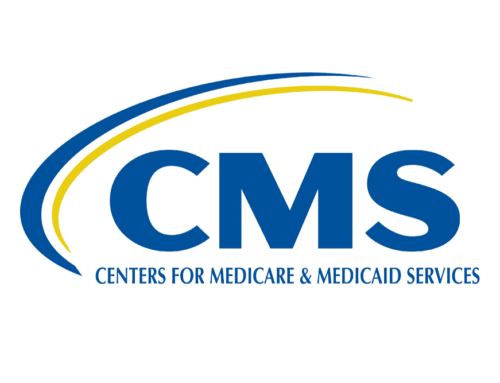On March 23, 2022, the University of Michigan V-BID Center held their annual summit addressing strategies to enhance equity, expand supplemental benefits, reduce the use of low-value care, and advance pre-deductible coverage for high-value services.


Diabetic Eye Complication Rate Higher for Black and Hispanic Patients
Hispanic and Black people with diabetes were more likely to have diabetic eye complications, according to a study in the Diabetes Epidemiology and Management journal. Black patients with diabetes were 29% less likely to complete all processes of diabetes care recommended by the American Diabetes Association compared with white patients. Read more
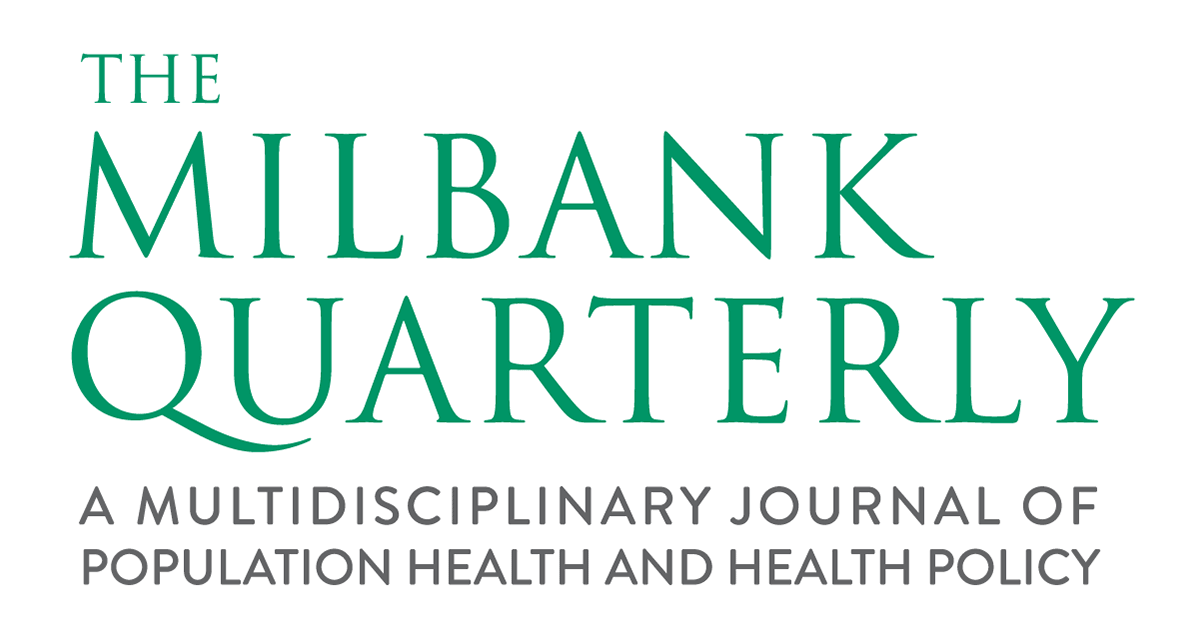
The Logic of Policies to Address Income-Related Health Inequity: A Problem-Oriented Approach
To address health inequities stemming from low income, a recent Milbank quarterly article suggests four complementary and overlapping policy strategies; social services, social enfranchisement, social insurance, and social assistance. Read more
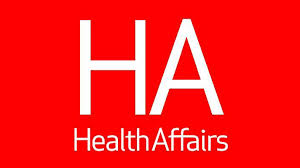
Medicare Beneficiaries Without Low-Income Subsidies Are Less Likely to Fill Important Prescriptions
A Health Affairs study reported that many Medicare beneficiaries do not fill expensive specialty drugs, including anticancer drugs, hepatitis C treatments, and disease-modifying therapies for immune system disorders and hypercholesterolemia. Authors point to current legislative efforts to reduce out-of-pocket expenses under Medicare Part D to increase accessibility of high-price medications. Read more
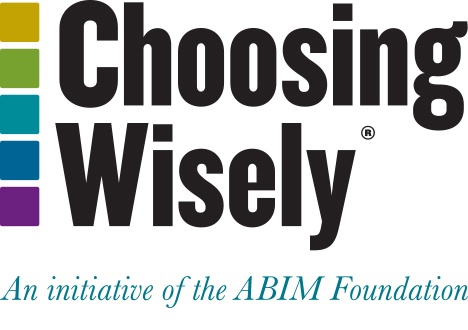
Communicating About Overuse with Vulnerable Populations
As part of its Choosing Wisely initiative, the ABIM foundation has released a new report on perceptions and beliefs about overuse in vulnerable groups. Results of four focus groups find that low-income participants:
- Are comfortable challenging their doctors’ care decisions
- Express low trust in providers
- Conduct extensive research on treatment options and trust their own judgement
- Want to be heard by the healthcare system
- Want clear explanations of potential harm and rationale for treatment, as well as recognition that there was a comprehensive plan in place
- Believe that doctors display bias when ordering tests or treatment
- Are not all aware of issues associated with overuse
- Feel empowered by the Choosing Wisely mission and want a health system that recognizes the individual needs of patients.

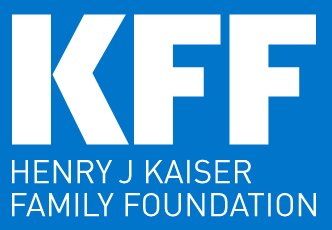
Many Privately Insured People with Diabetes Could Save Money if Congress Caps Insulin Costs
The Kaiser Family Foundation recently released an analysis of out-of-pocket spending on insulin. Key findings include:
- Over 1 in 4 individual and small group enrollees with an insulin prescription paid more than $35 a month out-of-pocket for insulin
- Among those getting significant help with cost-sharing in the individual market, fewer insulin users paid over $35 a month for insulin
- Over 1 in 20 insulin users whose costs currently exceed the cap in the private insurance markets pay more than $150 per month per insulin product.
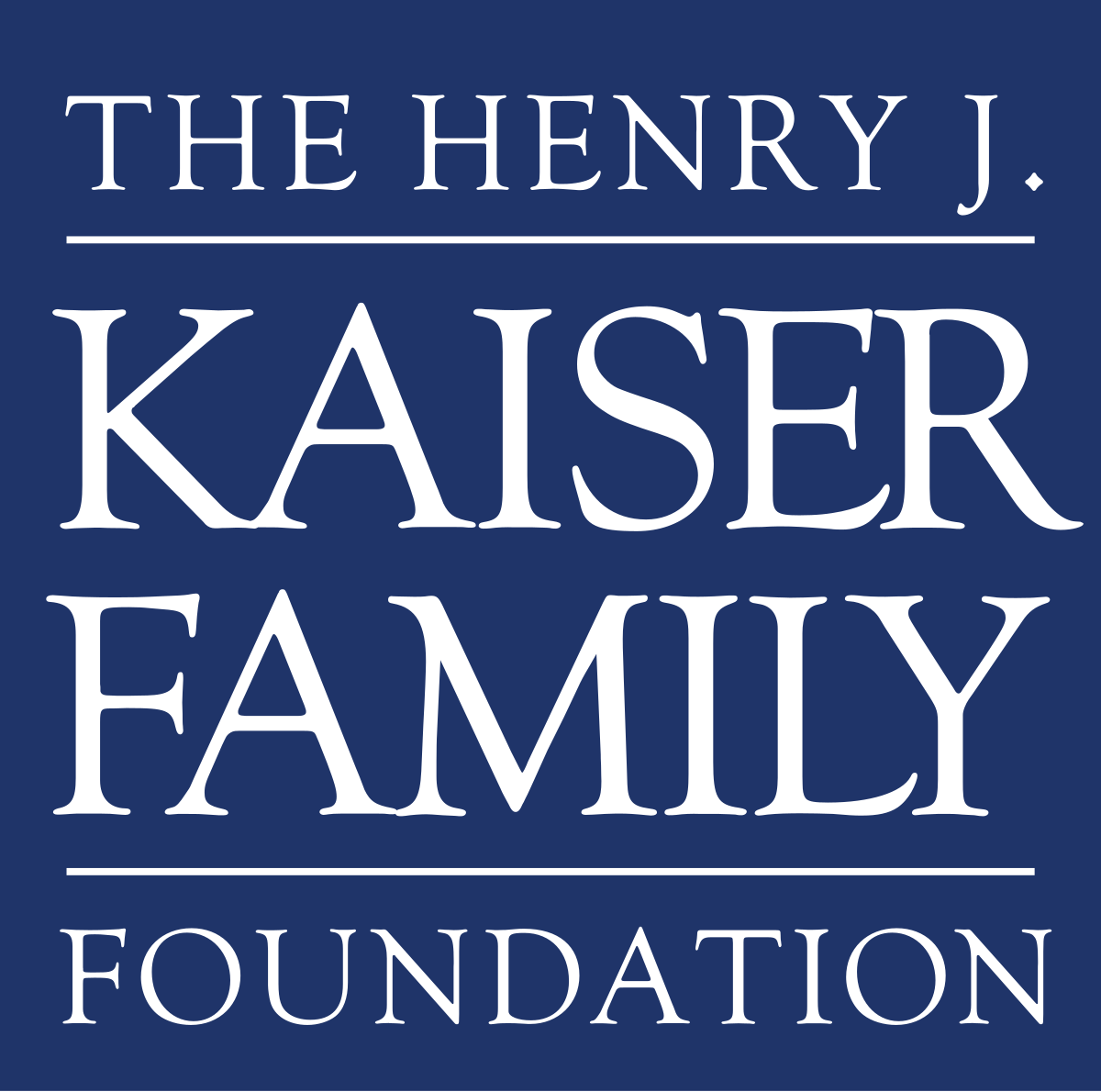
Gas Prices Are the Public’s Top Financial Worry, But Unexpected Medical Bills Come in Second, Followed by Paying for Utilities and Food
A KFF health tracking poll shows that half of adults have put off medical care in the past year due to costs. Key findings include that a majority of the public say an inflation cap on prescription drugs, a $35 insulin cap, and placing a limit on out-of-pocket costs for seniors should be top priorities for Congress; about a quarter of respondents think that COVID relief funding should be increased or made permanent; and a majority continue to view the Affordable Care Act favorably.


FY 2023 Federal Budget Includes V-BID Elements
On March 28, the White House released its $5.8 trillion proposed budget for fiscal year 2023. The budget invests $12 million for the U.S. Preventive Services Task Force (USPSTF) to conduct evidence reviews and develop approximately 8-12 recommendations in FY2023. Additionally, the budget seeks to improve health outcomes by requiring all plans and issuers to cover three behavioral health visits and three primary care visits each year without charging a copayment, coinsurance or deductible-related fee.
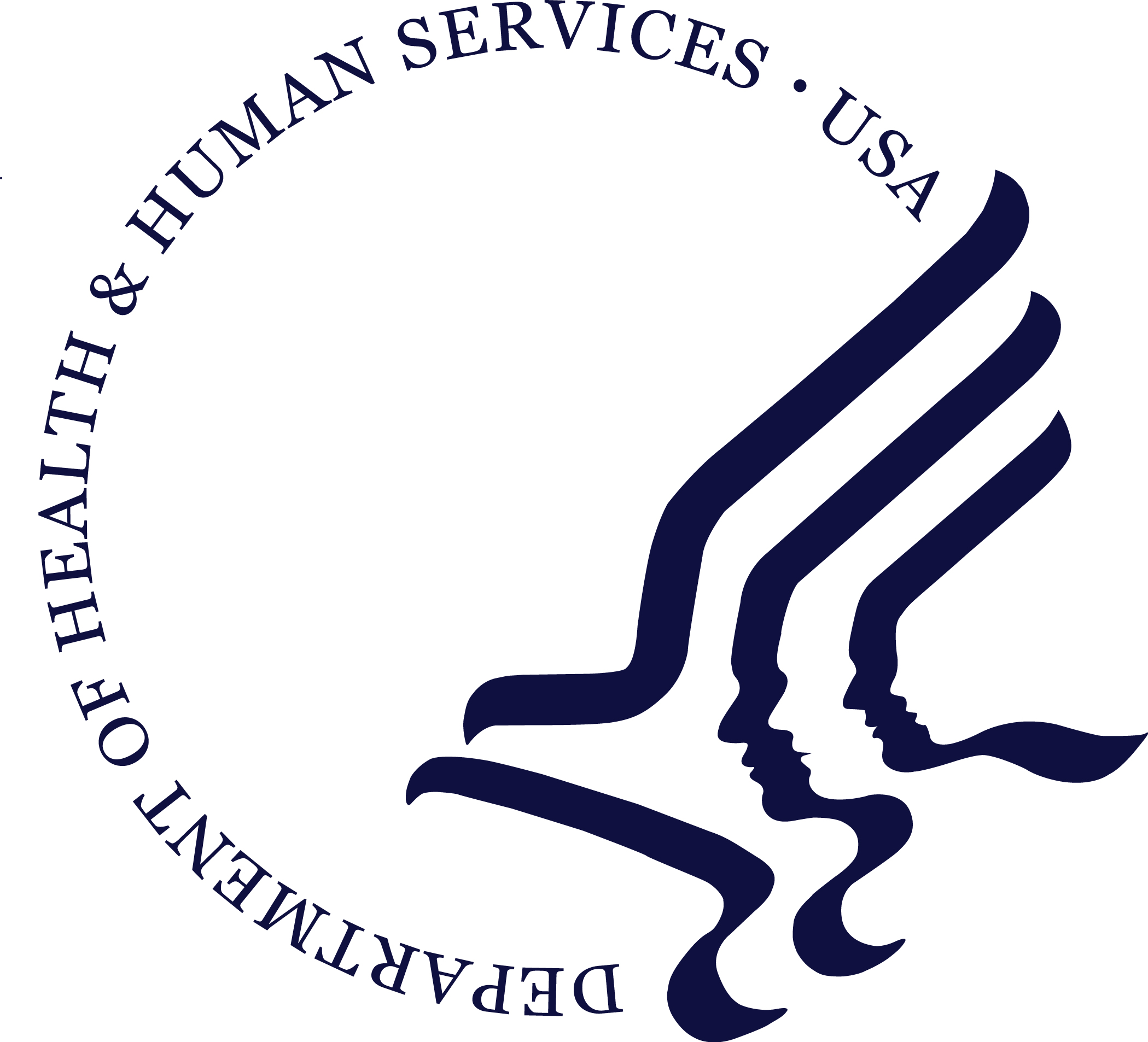
Appropriations Committees Urge CMS to Expand Cancer Screening and Diagnostic Testing
The Centers for Medicare & Medicaid Services (CMS) FY2023 Justification of Estimates for Appropriations Committees includes a recommendation for CMS to expand Medicare coverage of cancer screening and diagnostic testing. Elimination of out-of-pocket costs for the entire cancer screening process could increase screening rates, enhance health equity, and ultimately save lives. Read more
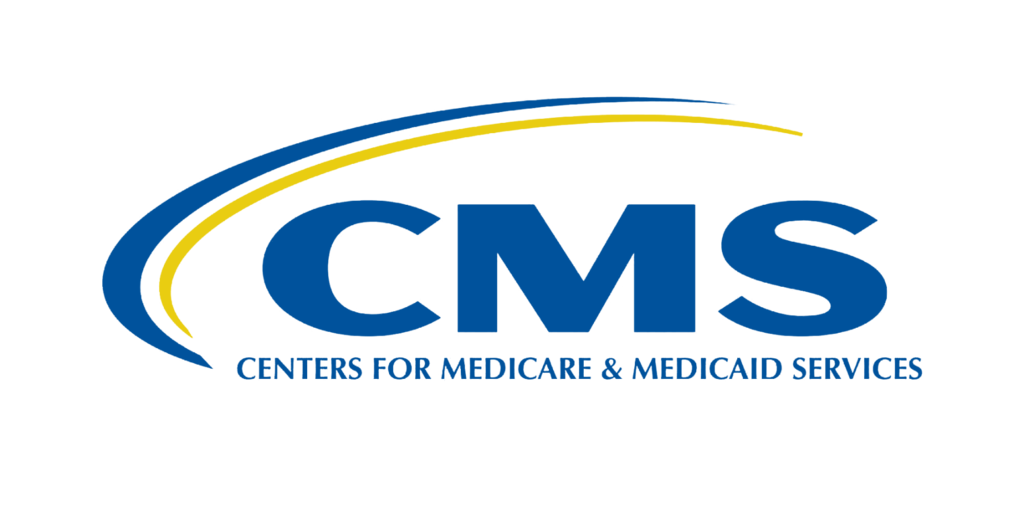
Medicare Enrollees to Get Free COVID-19 Tests at Drug Stores
Last week, CMS announced that Medicare Part B enrollees, including those in Medicare Advantage plans, can obtain as many as eight over-the-counter home COVID-19 tests each month at no cost from participating health care providers and pharmacy chains. This news marks the first time Medicare has fully covered an over-the-counter test for beneficiaries. Read more


Less Cancer Screening Due to COVID-19 May Mean Higher Death Rates
New research published in ACS Cancer journal found that over 9.4 million cancer screening exams were missed in 2020, most notably in colorectal cancer, followed by breast cancer and lung cancer. “Missed screenings from 2020 and ongoing delays in screening recovery will likely lead to delays in cancer diagnoses with inevitable presentations at more advanced stages and poorer clinical outcomes,” authors say. Read more about V-BID Center research and policy efforts to enhance cancer screening.
Please Help Support the V-BID Center
As a non-profit entity, the V-BID Center relies on fundraising to support our research, education, and policy efforts. Please help us continue our work by donating here. We truly appreciate your consideration.




